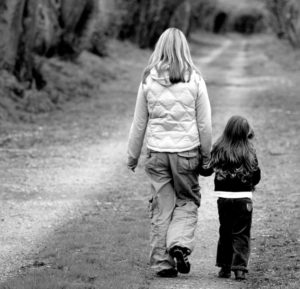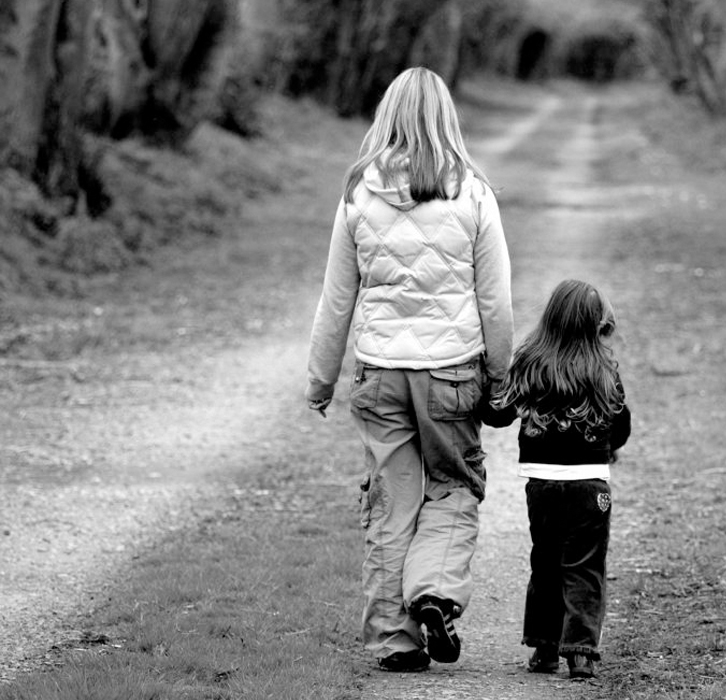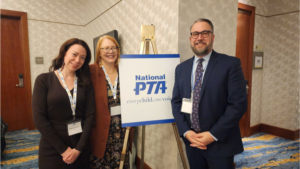In April, ATN blogger Lorraine Fuller wrote a powerful post about what she would like therapists to know. I, like many ATN readers, knew exactly what she meant. Not all therapists are equipped to handle the complex needs of families struggling with attachment disorders and trauma. But there are good ones out there, and I count myself among them.
As a trauma-attachment therapist and an adoptive parent of a child with attachment challenges–now healed!–, I have a great deal of specialized training and an incredible amount of hands-on experience. This means I won’t take your child’s outlandish stories as gospel until I check with you. I will focus on building the relationship between you and your child, not between me and your child. And I will include you in the planning and treatment process to help your whole family be the best they can be.
With that in mind, here are three things I would like parents to know.
This is about you as much as about your child.
 If you want me to work with just your child, I’m not the right therapist for you. Attachment and relationship-building go two ways—from your child to you and from you to your child. I will help everyone in the family to interact with each other in new, more positive ways. Not only does your child need to change, you may too! Your child needs to work on shifting their maladaptive attachment patterns, yes, but so will you. Any gaps in your own attachment ability will hinder the relationship between you and your child. Depending on your childhood and teen years, these changes may be big or small. I may ask you to come in for a few visits on your own if the issues are small. Or, I may suggest you do your own therapy with me or another therapist if the issues are bigger. This may hurt your feelings, especially at first, but please remember that this isn’t about right or wrong or good or bad. It’s about building a strong family.
If you want me to work with just your child, I’m not the right therapist for you. Attachment and relationship-building go two ways—from your child to you and from you to your child. I will help everyone in the family to interact with each other in new, more positive ways. Not only does your child need to change, you may too! Your child needs to work on shifting their maladaptive attachment patterns, yes, but so will you. Any gaps in your own attachment ability will hinder the relationship between you and your child. Depending on your childhood and teen years, these changes may be big or small. I may ask you to come in for a few visits on your own if the issues are small. Or, I may suggest you do your own therapy with me or another therapist if the issues are bigger. This may hurt your feelings, especially at first, but please remember that this isn’t about right or wrong or good or bad. It’s about building a strong family.
The path of change and growth is not a straight line.
 Family fun, compliance, reciprocity, social and emotional awareness, and self-regulation will improve but it will be slow. There will be days, weeks, or even months when it will stall or even deteriorate. Sometimes you implement new therapeutic parenting techniques that make you feel like the most successful parent in the world! And then the same strategy may not work for a month. Change and growth can be compared to the whole family crossing a creek. Sometimes you’re carefully stepping from river rock to river rock, moving across the creek. Sometimes your feet get wet. Other times you fall in. Sometimes your foot moves back to the rock behind you. Then you find a new path. No matter what, keep focusing forward and you’ll make it. I’ll encourage you and support you. Positive self-talk will help!
Family fun, compliance, reciprocity, social and emotional awareness, and self-regulation will improve but it will be slow. There will be days, weeks, or even months when it will stall or even deteriorate. Sometimes you implement new therapeutic parenting techniques that make you feel like the most successful parent in the world! And then the same strategy may not work for a month. Change and growth can be compared to the whole family crossing a creek. Sometimes you’re carefully stepping from river rock to river rock, moving across the creek. Sometimes your feet get wet. Other times you fall in. Sometimes your foot moves back to the rock behind you. Then you find a new path. No matter what, keep focusing forward and you’ll make it. I’ll encourage you and support you. Positive self-talk will help!
We’re not just changing behaviors, we’re changing world views.
When you tell me that consequences don’t work, that no matter what you do, your child’s behaviors  don’t change… you’re misunderstanding the process. The child’s behaviors are the tip of the iceberg—the surface. We’re working to change the deeper parts of your child—trust, positive sense of self, problem-solving ability, self-regulation, emotional awareness, social skills, and more. Discipline, or what we now generally refer to as restitution or repair, is part of shifting your child, but only one part. The most important thing you’ll do with your child is building and growing their connection with you. Playing together, laughing, snuggling, reading to your child… these build the relationship and change your child much faster and much deeper than any form of discipline ever will.
don’t change… you’re misunderstanding the process. The child’s behaviors are the tip of the iceberg—the surface. We’re working to change the deeper parts of your child—trust, positive sense of self, problem-solving ability, self-regulation, emotional awareness, social skills, and more. Discipline, or what we now generally refer to as restitution or repair, is part of shifting your child, but only one part. The most important thing you’ll do with your child is building and growing their connection with you. Playing together, laughing, snuggling, reading to your child… these build the relationship and change your child much faster and much deeper than any form of discipline ever will.
Remember, the good therapists are on your side. Keep up your hard work and good parenting. I’m with you!
 [Susan M. Ward, LPC, is a psychotherapist in private practice in Asheville, North Carolina, www.carolinamountaincounseling.com. She’s an adoptive mom, past foster parent, and has provided therapeutic respite care. She currently works with children, teens, and adults who are struggling with the impact of early childhood trauma and the related attachment challenges.]
[Susan M. Ward, LPC, is a psychotherapist in private practice in Asheville, North Carolina, www.carolinamountaincounseling.com. She’s an adoptive mom, past foster parent, and has provided therapeutic respite care. She currently works with children, teens, and adults who are struggling with the impact of early childhood trauma and the related attachment challenges.]




